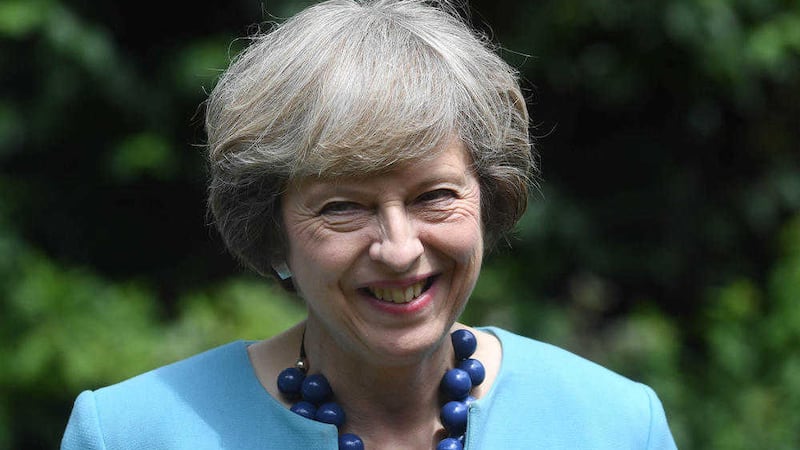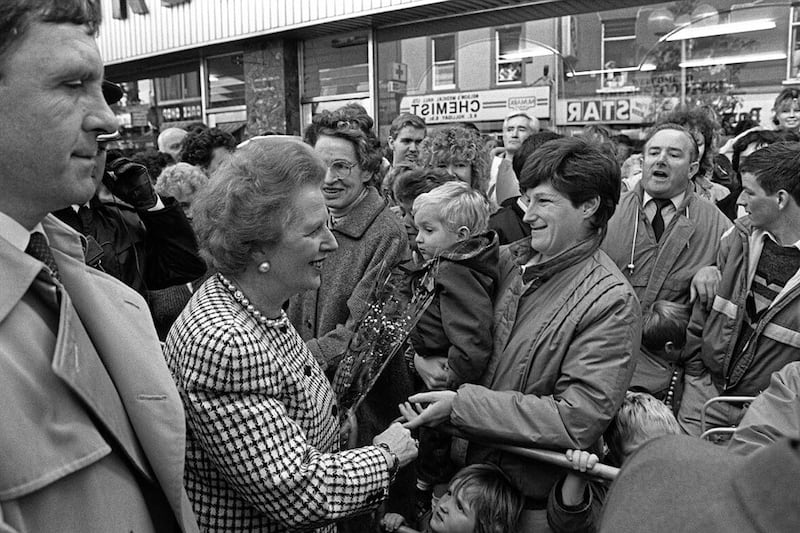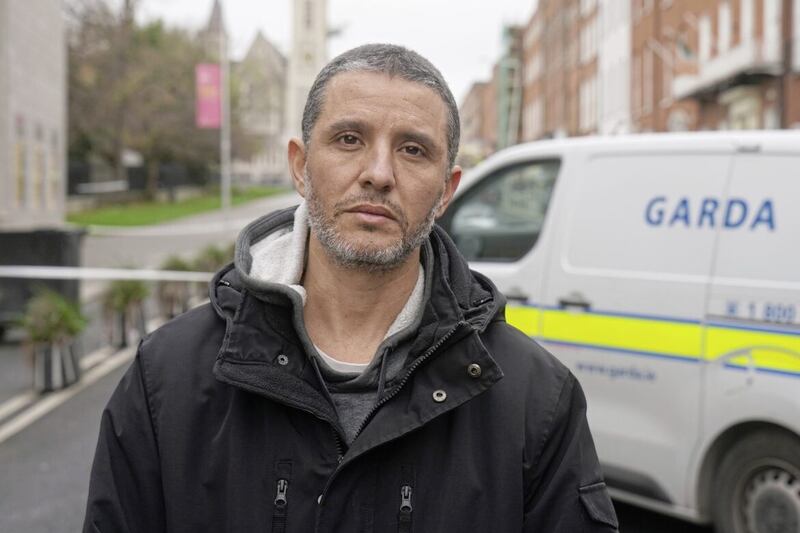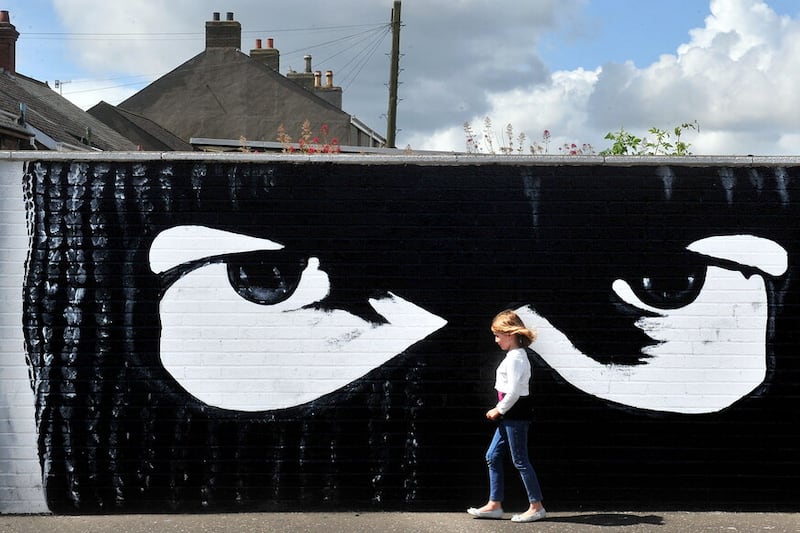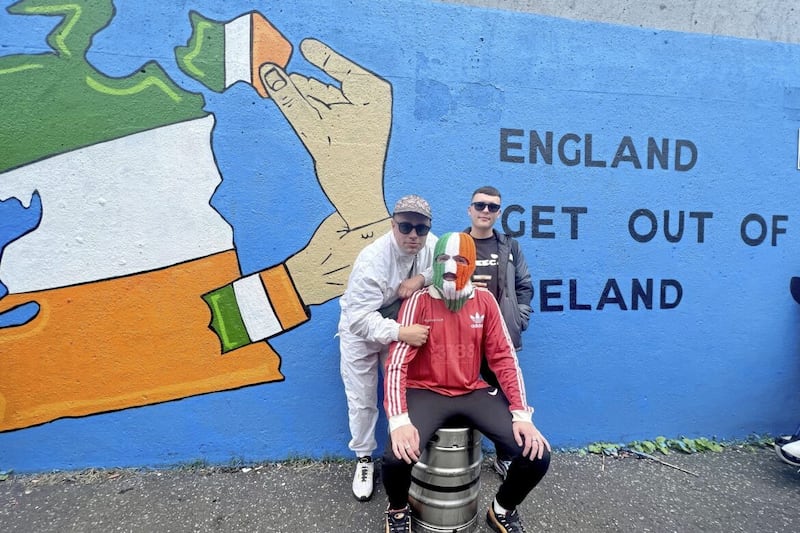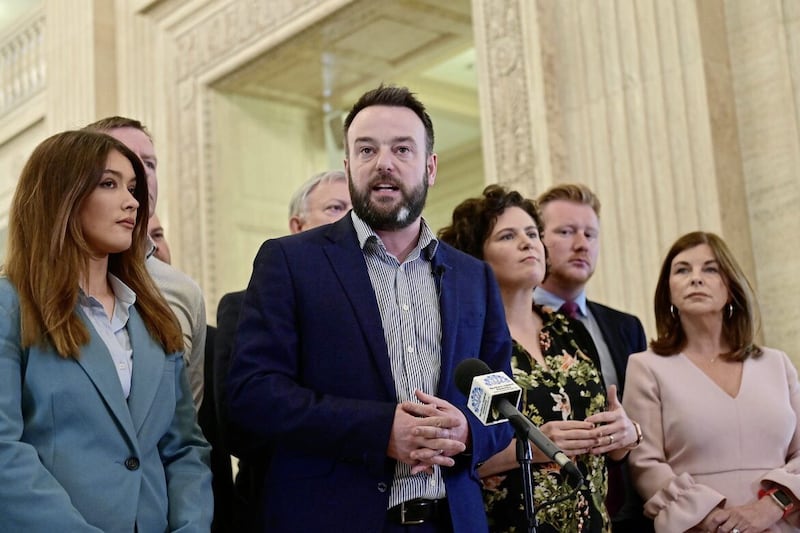SINCE the vote to leave the European Union a couple of months ago many people are still trying to unravel what it all means.
The campaigners for Brexit seem a bit too smug about some of the early economic signs such as retail spending, better trading conditions for exporters, the performance of the FTSE 100 and low interest rates for mortgage owners.
The truth is more complicated, like a Barra Best weather forecast on BBC NI - it’s sunny today but carry an umbrella because a storm is coming.
Voters continued spending as normal because there was no reason not to. Why? Well because we haven't actually left the EU - just expressed a wish to do so.
It’s all a bit like reading those diet and exercise books before you make a new year resolution to join a gym. A kind of think yourself fit approach - rather than get fit.
The FSTE 100 isn’t even a proper barometer of the UK economy though it is a key part of the London Stock Exchange.
Exports too may become cheaper but imports and ergo the parts brought in here for assembly and then exported out again just got dearer too.
A double whammy. And low interest rates do keep mortgages affordable but it kills savvy savers and pensioner honey pots.
Two months after the referendum result and it’s still too early to say what impact Brexit will have on Britain and Northern Ireland.
After all the only person who seemed to have a post Brexit plan was the Governor of the Bank of England.
The reality is that English voters chose an option to leave the EU without giving a second thought as to how it might actually impact on them in an everyday sense.
That it didn’t turn rivers red or have a swarm of locusts across the country meant that most ordinary Brits just dawdled on regardless and those 2016 holidays in Europe were already booked.
Returning home from the sun most saw first hand the consequences of a fall in the value of sterling as their sangrias seemed just that tad dearer than last year.
Despite the calamitous efforts of both Cameron and Osborne there was no cliff to fall over the day after the referendum result and there never was going to be as disentangling from the EU was always going to take years, maybe as much as a decade and some are starting to think maybe not at all.
Thankfully here in Northern Ireland during the debate we avoided most of the doom-laden predictions and concentrated on the fact that we are actually better off here in the EU.
A point seemingly not lost on the first minister as witnessed by the joint letter sent to the prime minster in recent weeks by both Martin and Arlene pointing out the potentially disastrous impact a Brexit would have on farming, agri-business, the voluntary sector and the labour market. All points made forcibly during the referendum debate.
However, a key part of the Remain argument in Northern Ireland was the uncertainty about leaving the EU.
The prospect of that uncertainty - to borrow that hackneyed overused phrase - has not gone away you know. In fact the uncertainty is the only certainty we now face.
There is clear evidence that investment decisions have been put on hold but the prime minister recognises that and it partly explains why she ruled out any triggering of the Exocet missile known as Article 50.
It’s going to be much harder to attract inward investment.
One thing is very clear that the regions or nations will not be a major priority for this Tory government.
Politically speaking Mrs May is ultimately caught between a rock and a hard place, with a slim majority and the backbenches full of malcontent Cameroons and bolshie Brexiters, she needs to tread carefully.
She may be tempted to consolidate her position by going to the polls before 2020. Frankly she will need to learn to sleep with one eye open.
As a Christian, she must feel her prayers have been answered in the form of the Labour meltdown. That said the Labour leadership contender, Owen Smith, is right.
Whatever Brexit does end up meaning needs to be ratified by the British voters either through parliament, a second referendum or one would guess Mrs May’s preference, through a general election.
This is starting to seem like a divorce where all the partners want to maintain conjugal rights. A very non British solution if you ask me.

